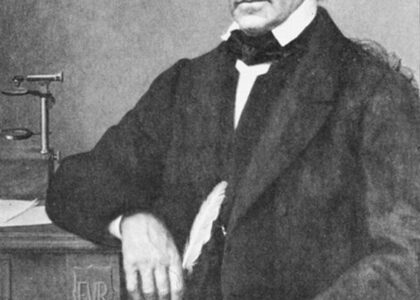Welcome to Spur Cross Ranch Conservation Area, a remarkable slice of Arizona’s past and present. This area, now part of the Maricopa County Parks System, spans over 2,154 acres of the rugged upper Sonoran Desert and has a rich history dating back to the late 19th century.
In the 1870s, this region became a hub for gold seekers, as hopeful miners flocked to the jasper-studded hills in search of fortune. The small town that emerged around these mining endeavors, complete with a school, post office, and saloons, quickly grew into a bustling community. By 1890, the area was thriving, yet like many mining towns, it faced decline when the gold ran out.
Fast forward to the mid-20th century, and the site transformed into the Spur Cross Dude Ranch, operated by Warren and Billie Beaubien from 1945 to 1953. The ranch offered a rustic retreat for guests who stayed in wooden cabins, absorbing the breathtaking desert landscape. However, after a tragic plane crash in 1953 that claimed Mr. Beaubien’s life, the ranch was sold, and the buildings were dismantled to cut property taxes.
In 2001, after a push to preserve the area’s natural beauty and historical significance, the land was designated as the Spur Cross Ranch Conservation Area. It now serves as a sanctuary for a diverse array of wildlife and a living museum of Arizona’s past. Visitors can explore remnants of early mining operations and the dude ranch, alongside fascinating archaeological sites revealing Native American petroglyphs and residential clusters.
The conservation area also plays a crucial role in preserving the Sonoran Desert’s unique ecosystem. With lush riparian zones along Cave Creek, which flows seasonally, the area supports over 80 bird species, as well as javelinas, mule deer, and coyotes.
Join a ranger-led hike to delve deeper into the area’s rich history and natural wonders. As you traverse the trails, imagine the gold prospectors of the 19th century, the ranch guests of the 20th century, and the native inhabitants who left their mark on the land long before any settlers arrived.





